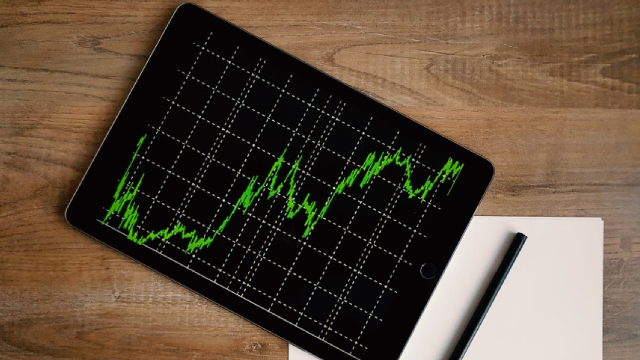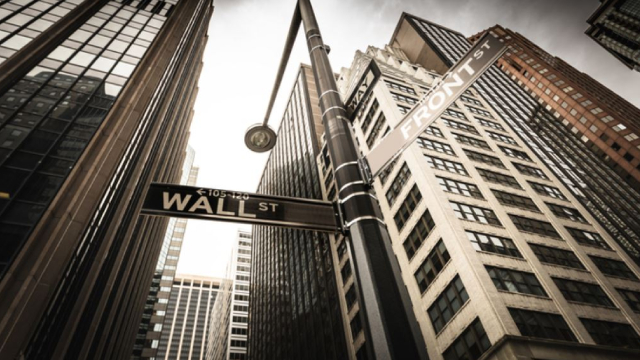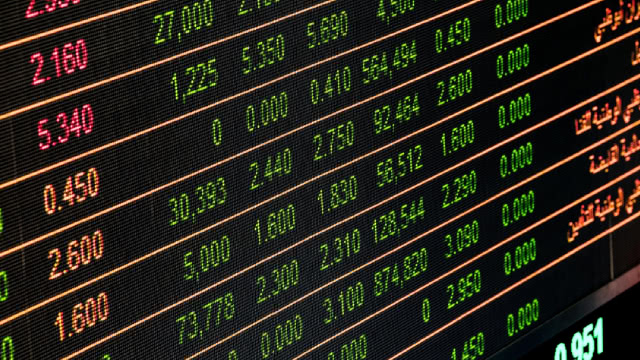VCSH Stock Recent News
VCSH LATEST HEADLINES
VCSH offers diversified, investment-grade short-term corporate bond exposure with low duration risk and efficient tracking of its benchmark index. Macro indicators like OIS spread, yield curve butterfly, and OAS vs. S&P 500 provide insight into credit stress, interest rate sensitivity, and risk sentiment. Current market conditions show tight credit spreads and a flat yield curve, favoring stability but limiting upside for new allocations.
VCSH offers diversified, investment-grade, short-term corporate bond exposure with a 4.50% yield to maturity and strong liquidity. Current inflation trends and uncertain Fed rate policy create duration risk, making ultra-short bond strategies potentially more attractive in the near term. VCSH outperforms peers in total return and liquidity but faces headwinds if inflation persists or rates rise, impacting performance and income.
In times of uncertainty in the bond market, there's one thing for certain. And that's that deciding where to get exposure can be complex.
In recent days, a new headwind is weighing on fixed income securities: a US government budget bill, which is expected to significantly raise an already hefty federal deficit in the years ahead. Long-term Treasuries are the biggest losers post-Liberation Day, based on a set of ETFs through yesterday's close (May 21).
There's still a lot of uncertainty in the bond markets, especially the corporate variety. But with tariff negotiations underway, especially with China, the pause could present investors with an opportune time to snatch up corporate bonds.
Advisors don't want to take on much interest rate risk. But many are willing to take on some credit risk.
Vanguard Short-Term Corporate Bond Index Fund ETF offers a stable investment with a 4.73% yield, balancing risk through investment-grade corporate debt with an average duration of 2.6 years. Despite low growth in AUM, VCSH's low expense ratio and strong corporate creditworthiness make it a compelling alternative to treasury bonds. Corporate profits and cash reserves are strong, suggesting that investment-grade corporate debt remains relatively risk-free, unless faced with prolonged economic contraction.
Market uncertainty is also spilling over into bonds. But fixed income investors can opt for corporate bonds if they're looking to maximize yield opportunities without sacrificing too much credit risk.
The prospect of rate cuts may be in jeopardy, as inflation appears to be stickier than anticipated. If economic growth does eventually subside and the Fed continues its rate-cutting path, investors will want to build a portfolio that emphasizes income.
Rate cut expectations pushed more investors into investment-grade corporate bonds the past quarter, giving the asset class their best performance in nearly a year. “US high-grade corporate bonds logged their first quarterly gain this year in the past three months, returning 5.








